New Scientist covers the latest developments in science and technology that will impact your world. New Scientist employs and commissions the best writers in their fields from all over the world. Our editorial team provide cutting-edge news, award-winning features and reports, written in concise and clear language that puts discoveries and advances in the context of everyday life today and in the future.
Elsewhere on New Scientist
The real you is worth knowing • Subjectivity is part of research on self-knowledge, but that doesn’t make it useless
New Scientist Australian Edition
COP15 aims ‘unrealistic’ • Goal to “halt and reverse” biodiversity loss by 2030 could take 80 rather than eight years to achieve, reports Madeleine Cuff
Was Homo naledi a fire starter? • An extinct human species seems to have used fire for cooking and illumination, despite its small brain and primitive features, reports Alison George
Baby fruit fly’s brain is largest to be completely mapped so far
Huge plume of rising hot rocks may be shaking Mars…
…while impact crater that caused Martian megatsunami traced
Twitter quitters haven’t left yet • Many Twitter users announced they would move to Mastodon, but few actually have
Ant pupae produce a liquid eaten by larvae and adults
Titan’s glistening clouds • The James Webb Space Telescope has imaged Saturn’s largest moon
Famous paintings become mini masterpieces
Yellowstone supervolcano is stuffed with magma
Coronavirus • China’s failure to vaccinate makes giving up on zero covid a huge risk The country has eased some lockdown restrictions, which could lead to millions of older people dying, reports Michael Le Page
Reviving Neanderthal antibiotics • Exploring the DNA of archaic humans could help bring back extinct, bacteria-killing proteins
Flying squirrels use carving skills to store nuts in trees • TWO species of flying squirrel living in the tropical rainforests of Hainan Island off China carve grooves around nuts so they can wedge the food in the forks of twigs.
Sperm-blocking gel could work as a contraceptive
Volcanic eruption shut down key climate observatory
Ancient skull rewrites the story of bird evolution
Drug clears sleeping sickness parasite from the body
Wormhole in a quantum computer • Researchers sent a message through a simulated wormhole using quantum entanglement
Vaccine protects mice against plague bacteria
Questions over Alzheimer’s drug • Lecanemab slows cognitive decline, but its benefits may not outweigh its potential risks
Torn up star is one of brightest events ever
Bacterial risk from ocean microfibres
Endangered gecko climbs back from the brink
Really brief
Challenges of the deep • Links between marine sciences and commercial interests are a hangover from an imperial era that must end, says Helen Scales
This changes everything • What comes after Twitter? With the platform looking a little the worse for wear after its recent acquisition by Elon Musk, Annalee Newitz tries the best alternatives, so you don’t have to
Night life
Your letters
Hunting human origin stories • From a bone fragment of a mysterious new species to the latest on cave art, a powerful book shows how science is rewriting the past, finds Alison George
Tragedy on Whakaari • The heartbreaking story of tourists trapped on a volcanic island during a major eruption is subtly told, says Gregory Wakeman
Don’t miss
A twitcher’s paradise • A new book on the rise of birds isn’t easy going, but it shows why they were vital to evolutionary theory – and birders will love it, says Simon Ings
Who do you think you are? • When it...
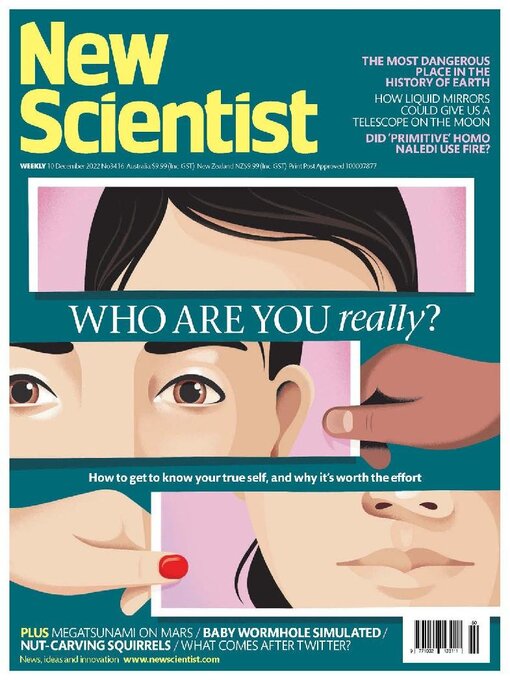
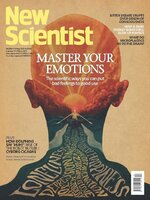 May 10 2025
May 10 2025
 May 03 2025
May 03 2025
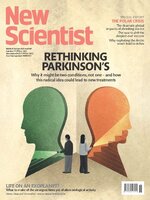 Apr 26 2025
Apr 26 2025
 Apr 19 2025
Apr 19 2025
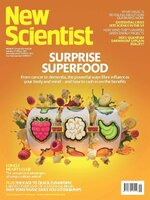 Apr 12 2025
Apr 12 2025
 Apr 05 2025
Apr 05 2025
 Mar 29 2025
Mar 29 2025
 Mar 22 2025
Mar 22 2025
 Mar 15 2025
Mar 15 2025
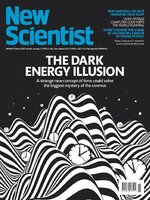 Mar 08 2025
Mar 08 2025
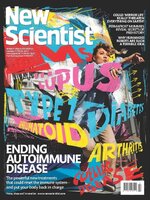 Mar 01 2025
Mar 01 2025
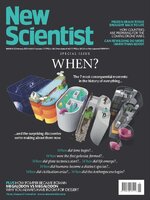 Feb 22 2025
Feb 22 2025
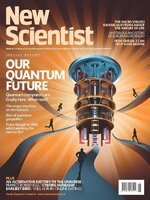 Feb 15 2025
Feb 15 2025
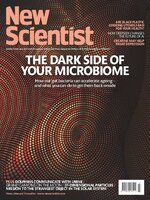 Feb 08 2025
Feb 08 2025
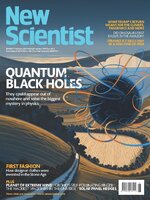 Feb 01 2025
Feb 01 2025
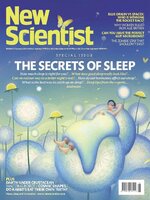 Jan 25 2025
Jan 25 2025
 Jan 18 2025
Jan 18 2025
 Jan 11 2025
Jan 11 2025
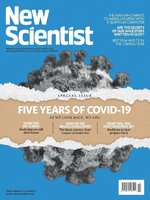 Jan 04 2025
Jan 04 2025
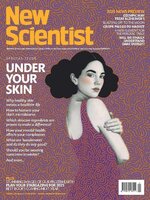 Dec 28 2024
Dec 28 2024
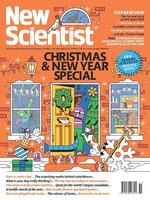 Dec 14 2024
Dec 14 2024
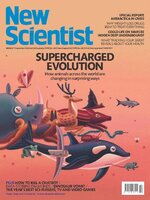 Dec 07 2024
Dec 07 2024
 Nov 30 2024
Nov 30 2024
 Nov 23 2024
Nov 23 2024